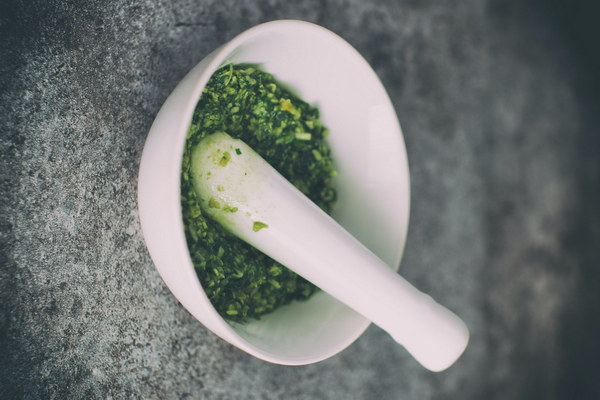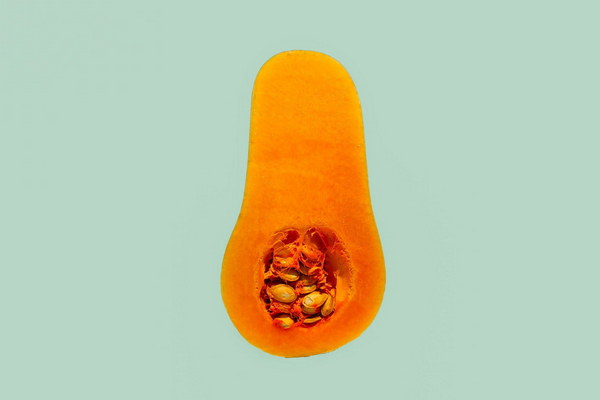Unlocking Weight Loss How Traditional Chinese Herbs Combat Dampness and Promote Healthy Weight Management
In the realm of holistic health, traditional Chinese medicine (TCM) has long been a beacon of wisdom, offering a unique approach to wellness that blends ancient knowledge with modern practices. One of the key principles in TCM is the concept of dampness, which is believed to be a common underlying cause of weight gain. This article delves into the world of TCM and explores how certain herbs can effectively combat dampness, leading to healthier weight management.
Understanding Dampness in TCM

In TCM, dampness refers to a condition where the body's internal environment becomes imbalanced, often due to an excess of dampness in the body. This imbalance can manifest in various ways, including fatigue, bloating, and weight gain. According to TCM, dampness can be caused by a variety of factors, such as poor diet, lack of exercise, and exposure to cold and damp weather.
The Role of Herbs in Treating Dampness
TCM utilizes a wide array of herbs to address dampness and promote overall health. These herbs are believed to help eliminate excess dampness from the body, thereby aiding in weight loss. Here are some of the key herbs used in TCM for this purpose:
1. Bupleurum (Chai Hu): Bupleurum is often used to treat liver and gallbladder disorders, which can be associated with dampness. It helps to stimulate the flow of Qi (vital energy) and drain dampness from the body.
2. Coptis (Huang Lian): Known for its anti-inflammatory and antibacterial properties, copitis is used to clear heat and dampness from the body. It is particularly effective in treating damp-heat conditions that can lead to weight gain.
3. Atractylodes (Cang Zhu): Atractylodes is a popular herb used to treat dampness and bloating. It helps to improve digestion and eliminate dampness from the body, making it an excellent choice for those looking to manage their weight.
4. Phellodendron (Huang Bai): Phellodendron is used to clear damp-heat from the body and improve liver function. It is believed to help reduce appetite and promote weight loss.
5. Poria (Fu Ling): Poria is a versatile herb used to treat various dampness-related conditions. It helps to drain dampness and improve kidney function, making it an effective addition to weight management protocols.
Integrating Herbs into Your Weight Loss Journey
To incorporate these herbs into your weight loss journey, you may consider the following approaches:
- Herbal Teas: Brew a mixture of the herbs mentioned above to create a potent tea that can help combat dampness and support weight loss.
- Herbal Supplements: Available in capsule or powder form, these supplements can provide a convenient way to incorporate the benefits of these herbs into your daily routine.
- Professional Guidance: It is always advisable to consult with a qualified TCM practitioner before starting any new herbal regimen. They can provide personalized recommendations based on your specific needs and health conditions.
Conclusion
Traditional Chinese medicine offers a unique perspective on weight management by addressing the root cause of dampness. By incorporating herbs that combat dampness, you can promote a healthier internal environment and support your weight loss goals. While herbal treatments should not replace conventional medical advice, they can be a valuable addition to a holistic approach to wellness. Embrace the wisdom of TCM and discover the potential of these herbs to help you on your journey to a healthier, more balanced life.









